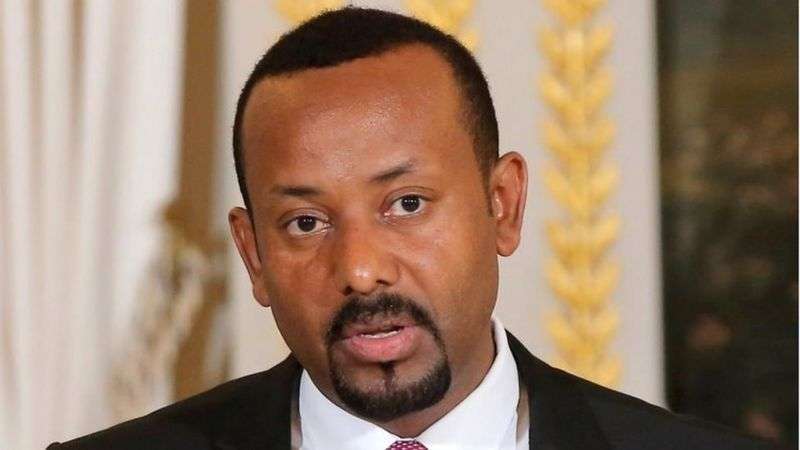 While the Coronavirus pandemic makes everything more complicated and increases racial disparities globally, Ethiopia, one of the African countries most appreciated by the international community, risks sliding into civil war once again because of the Tigrinya minority. The battle between the government of Ethiopian Prime Minister Abiy Ahmed, Nobel Peace Prize winner, and Tigray nationalists in the North could expand and widen the scope of the conflict as is already happening in other parts of Europe, Africa and the Middle East. In fact, the situation in the Horn of Africa is not too dissimilar to that of the Caucasian area, with the Azerbaijani and Armenian conflict or the civil wars in Syria and Libya.
While the Coronavirus pandemic makes everything more complicated and increases racial disparities globally, Ethiopia, one of the African countries most appreciated by the international community, risks sliding into civil war once again because of the Tigrinya minority. The battle between the government of Ethiopian Prime Minister Abiy Ahmed, Nobel Peace Prize winner, and Tigray nationalists in the North could expand and widen the scope of the conflict as is already happening in other parts of Europe, Africa and the Middle East. In fact, the situation in the Horn of Africa is not too dissimilar to that of the Caucasian area, with the Azerbaijani and Armenian conflict or the civil wars in Syria and Libya.
The conflict with the Tigrinya would also cast a long shadow over Ethiopia’s ability to resolve its economic challenges and to respect the agreements with Eritrea that allowed Abiy to win the Nobel Peace Prize last year. Finally, in a country that the Prime Minister has effectively positioned as a model of African development and economic growth, this conflict, if not resolved definitively, makes the current health emergency dramatically more serious. Add to all this the fact that Ethiopia, Egypt and Sudan have not yet managed to reach a definitive agreement on the controversial dam that Ethiopia is building on the Blue Nile River. An agreement that has not yet been reached, and which without doubts increases tensions in the area.
In such a complicated scenario, the umpteenth tension provoked by the Tigrinya, which, as we were saying, could lead to civil war, but which Abiy seems well able to manage and which he certainly wants to carry out. In the meantime, it is useful to remember that all the Eritrean territories occupied following the peace between Ethiopia and Eritrea had to be returned to Eritrea. But once again the Tigrinya refused to hand them over and even occupied them militarily. Now at last these territories have been taken under Abiy’s control and so they will be able to go in the direction sanctioned by the peace agreements. At the moment the operations are still in progress and the military aim is to regain control of the huge arsenals belonging to the Central Government that had been taken away by the successionist Tigrinya movement.
The Government of Abiy, as is completely evident, wants to restore legality and bring to trial all those who have committed crimes and who have promoted acts of terrorism and destabilization throughout Ethiopia in the last two years. A courageous military action, that of Abiy, not without difficulty and not without risk, which, however, once concluded, will finally ban that part of the Tigrinya people that has no other purpose than to destabilize the area and render ineffective both the peace agreements with Eritrea and those reforms and processes of administrative decentralization that the Government of Addis Ababa has guaranteed to the various ethnic minorities, including the Tigrinya.
The international geopolitical moment is favorable to the current Ethiopian government. The political transition in Washington makes Abiy’s hands freer and also the other various international crises mentioned above push the international community to leave Ethiopia the necessary autonomy to close this serious and long-standing internal dispute. For too many years, in fact, the Tigrinya has been negatively conditioning the fate of the entire area, subordinating general interests to their own. A selfish and short-sighted attitude that Nobel Prize winner Abiy wants to stop once and for all.
(Associated Medias – Red/Giut) All rights reserved.
